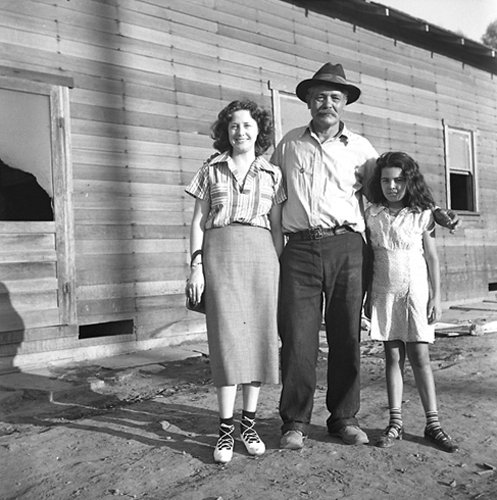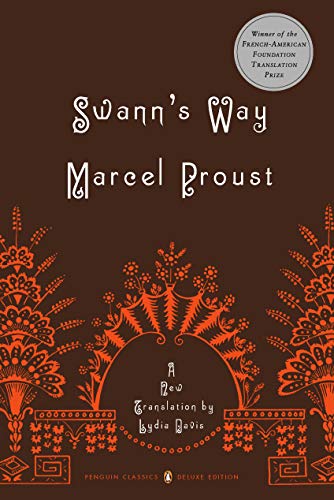Unlike the incompetent architect of the house in her latest book, Unsheltered, American novelist Barbara Kingsolver has proved herself a supreme craftsperson over the past three decades. She possesses a knack for ingenious metaphors that encapsulate the social questions at the heart of her stories.
Her most famous novel, The Poisonwood Bible (1998), follows a Baptist missionary and his family into the wild Congolese jungle, as he realises the so-called savages are just as hard to tame as the terrain. The arrival of an unprecedented swarm of orange butterflies on an Appalachian mountainside serves as a fiery warning about climate change in Flight Behaviour (2012).In this, her eighth novel, a historic New Jersey home teeters on the verge of collapse and its structural instability speaks volumes about the strains within American society.
Kingsolver uses interwoven timelines to trace the lives of two families living in the house a century and a half apart. Freelance writer Willa Knox inherits the home in 2016, at a fortuitous moment: her academic husband, Iano, recently lost tenure, the couple care for his ailing father and their bohemian daughter, Tig, has returned from Cuba heartbroken by a love affair. Family life is thrown into further turmoil when son Zeke, reeling from his wife’s suicide, leaves his infant in their custody.
With the new house bursting at the seams, Willa is aghast when a contractor declares it an architectural “shambles” with a nonexistent foundation. Since even makeshift repairs are beyond their financial means, Willa hopes to win a preservation grant, if the house proves noteworthy within the history of Vineland, a utopian community back in the 19th century.
Her forays into the town archives unearth a previous owner, Thatcher Greenwood, whose story unspools in a parallel narrative. A science teacher at the community school, Greenwood moves into the house with his touchy younger bride in 1871. For the intellectual sin of propounding Darwinism in the classroom, he clashes with Vineland’s founder, Charles Landis, a land developer bent on building a self-sufficient Christian colony. Greenwood finds his support in among the community dwindling to the intriguing female biologist next door and their friendship undermines his increasingly shaky marriage.
The juxtaposition of these American eras is, course, pointed. Landis lures citizens still traumatised by the civil war to his colony with promises of an immaculately regulated Eden. But any notion of Vineland as a utopia has gone by Willa’s time: the town has become a stagnating backwater. On the national stage, the nativist rabble-rousing of GOP candidate Donald Trump fills Willa with incredulous horror.
Kingsolver adroitly sets off the echoes between these huckster demagogues: in Boston, Greenwood witnesses a “murderous crowd chanting ‘lock him up!’”, galvanised against the heretical Darwin, a chant familiar from Trump’s tub-thumping vilification of Hillary Clinton during his rallies.
She powerfully evokes the eeriness of living through times of social turmoil, but her true concerns are articulated by Greenwood’s neighbour, Mary Treat: “When men fear the loss of what they know, they will follow any tyrant who promises to restore the old order.” Yet the gullibility of ordinary people seems etched harshly when mirrored across both timelines. The church-going traditionalists who turn against Greenwood appear a nostril-flaring herd of conformists. Iano’s father is a Trump-cheering deplorable, deaf to all reason. They look ungainly beside Kingsolver’s otherwise striking and impressive presentation of family life.
Not only a bookclub author par excellence, Kingsolver is also the founder of the Pen/Bellwether Prize for Socially Engaged Fiction. Her progressive instincts compel her to follow Tig’s advice to her mother: “What you have to do is look for blue sky.” Part of a generation with scant belief in the moribund American dream, Tig prefers to live “unsheltered” by self-bettering materialist illusions. Love, community and making do are the only way to survive the crises of a failing healthcare system, shrinking middle-class incomes, far-right resurgence and runaway climate change.
Despite such pragmatism in grasping for solutions, Kingsolver renders contemporary America as a panorama of such bleakness that the prospect of a loved-up, free-cycling sanctuary doesn’t quite wash. As a work of socially engaged fiction, Unsheltered makes a decent case for escapism.






